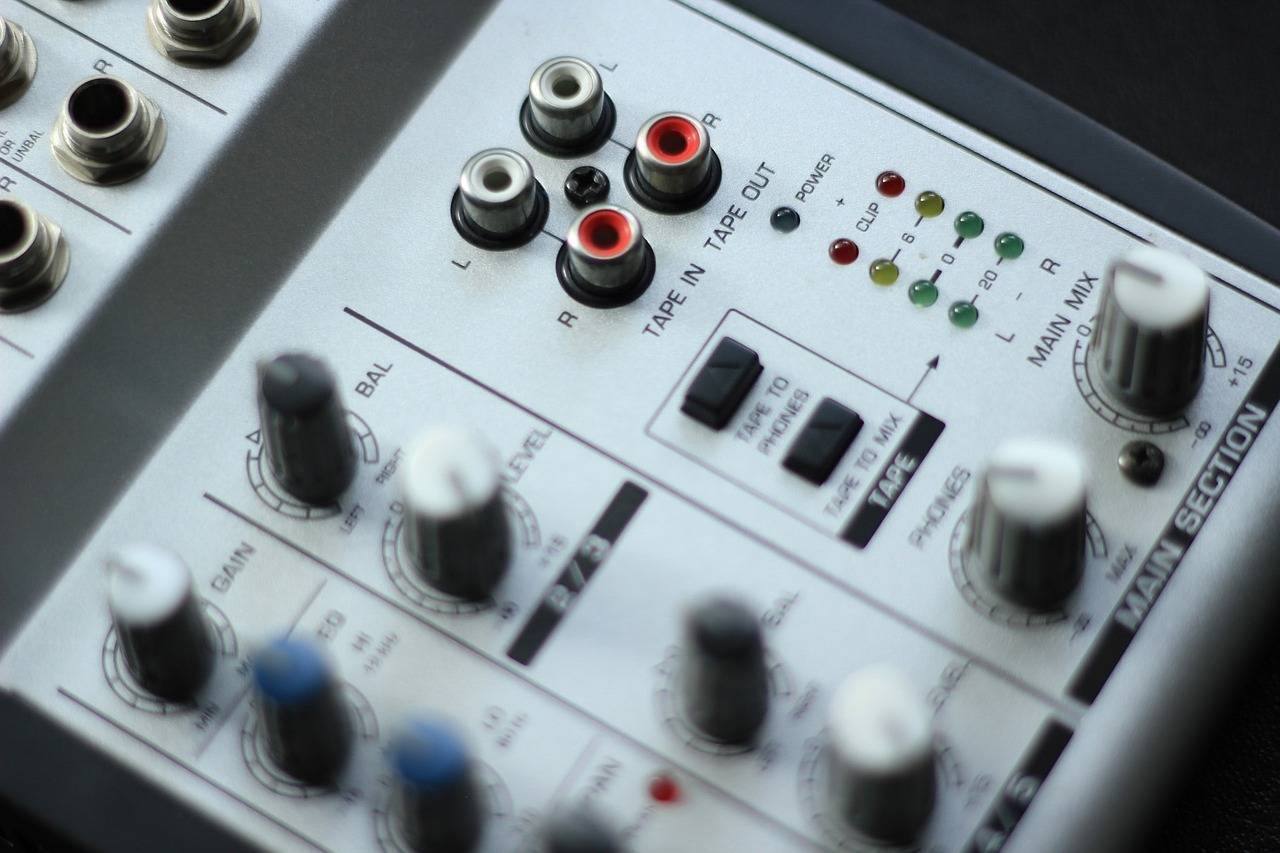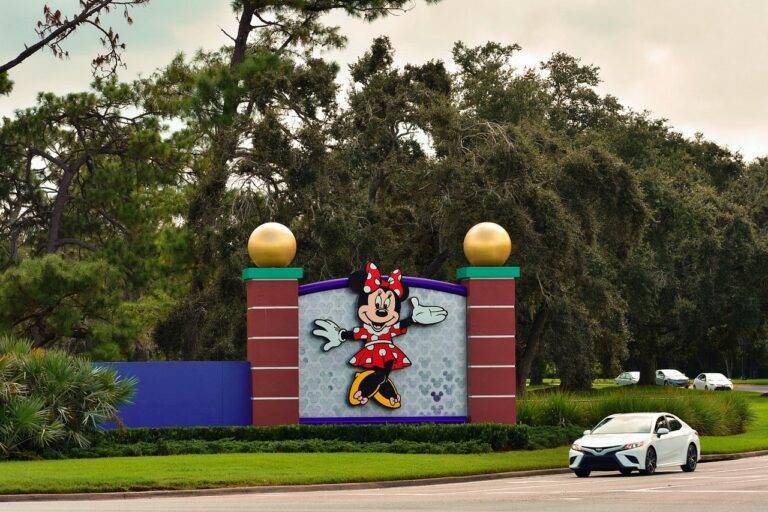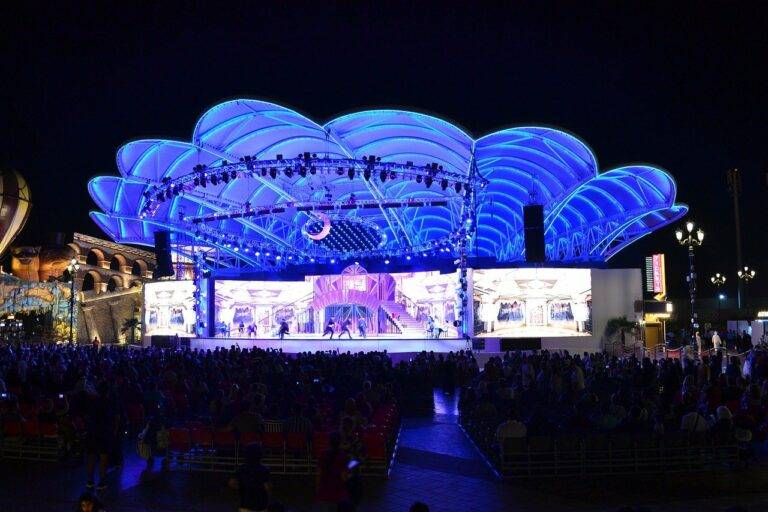Analyzing the Economics of Live Events: Ticket Pricing and Revenue Models
The primary factor influencing ticket pricing is the demand for the event. When there is high demand and limited availability of tickets, prices tend to increase. This is often seen with popular concerts, sporting events, and other highly anticipated shows. On the other hand, when demand is low, ticket prices may be reduced to attract more attendees.
Another key factor in ticket pricing is the cost of production and operation. Event organizers consider expenses such as venue rental, artist fees, staff wages, promotional costs, and other overheads when determining ticket prices. These costs need to be covered to ensure the event is financially viable. Additionally, factors like inflation, market trends, and competitor pricing strategies also play a role in setting ticket prices.
Market Demand for Live Events
Live events have seen a constant rise in demand over the years, with audiences seeking unique experiences beyond the digital realm. The allure of being immersed in the energy of a live performance or game is a major driving force for the increasing demand for tickets to these events. The emotional connection and sense of community that live events offer cannot be replicated through online platforms, making them a sought-after form of entertainment for many.
Moreover, the limited availability of tickets for popular live events contributes to the high demand in the market. With venues often selling out quickly and scalpers driving up prices on the secondary market, obtaining tickets to in-demand events can be challenging for fans. This scarcity of tickets for highly anticipated shows or games fuels the desire for attendees to secure their spot, leading to heightened competition and a willingness to pay premium prices for the live experience.
What are some factors that can affect ticket pricing for live events?
Factors that can affect ticket pricing for live events include the popularity of the event, the venue capacity, the performer’s reputation, the demand for tickets, and any additional production costs.
How does market demand impact ticket prices for live events?
Market demand plays a significant role in determining ticket prices for live events. If there is high demand for tickets, prices are likely to increase. Conversely, if demand is low, prices may decrease to encourage ticket sales.
Are there any strategies that event organizers can use to manage market demand for live events?
Yes, event organizers can implement strategies such as tiered pricing, early bird discounts, limited time offers, and exclusive VIP packages to manage market demand for live events.
How can event organizers balance maximizing profits with ensuring ticket affordability for consumers?
Event organizers can strike a balance between maximizing profits and ensuring ticket affordability by conducting market research, analyzing pricing data, offering different ticket options, and monitoring ticket sales trends to adjust prices accordingly.





